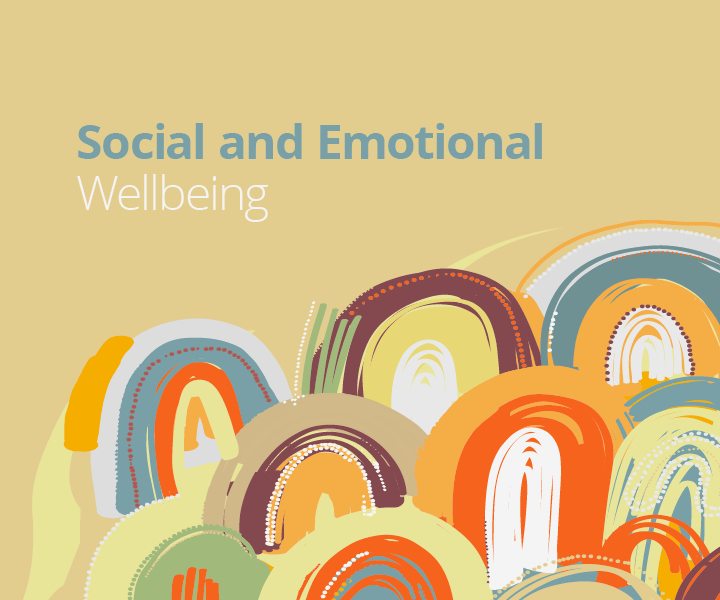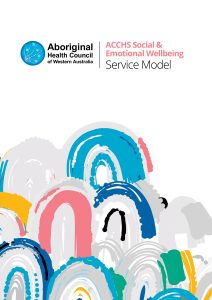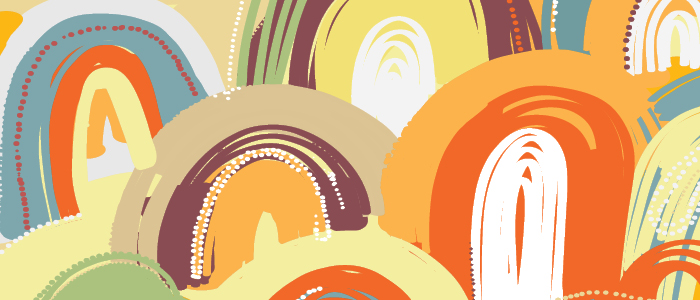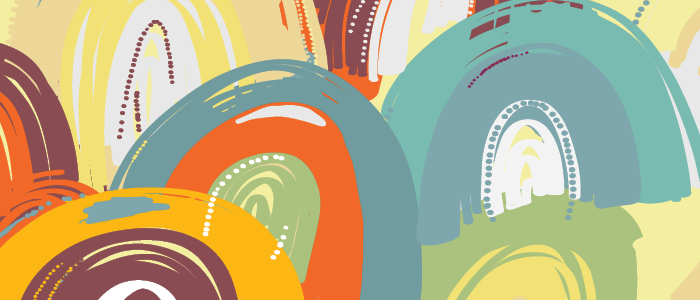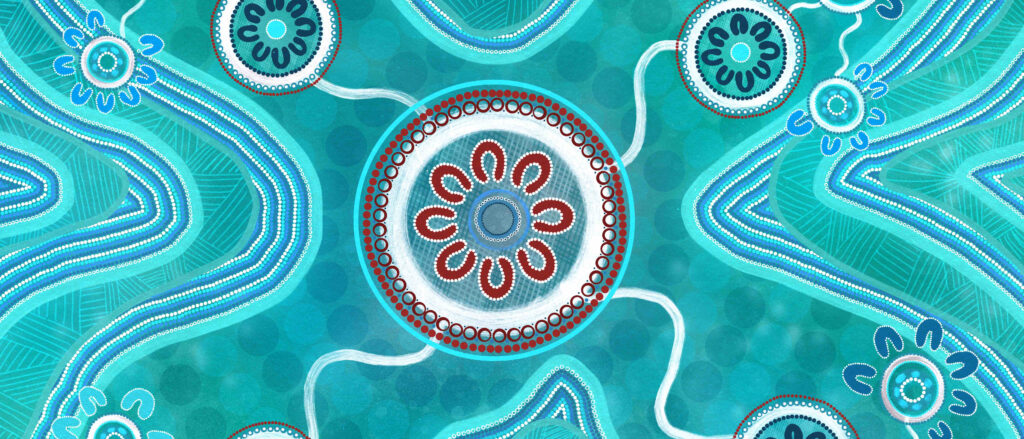Social and emotional wellbeing is the foundation of physical and mental health for Indigenous Australians. It is a holistic concept that encompasses the importance of connection to land, culture, spirituality and ancestry, and how these affect the wellbeing of the individual and the community.
Indigenous Australians’ experience of social and emotional wellbeing varies across different cultural groups as well as across individuals. The concept of SEWB also recognises that a person’s wellbeing is influenced by the social determinants of health, engendered through the inequity of government policies, institutional racism, the effects of colonisation and other past events. SEWB is not the same as mental health and mental illness, but they can interact with and influence each other.
AHCWA has been funded by the Mental Health Commission (MHC) to undertake a pilot project that highlights an ACCHS SEWB Model of Service, created in consultation with AHCWA’s Member Services. This three year pilot will be evaluated in consultation with the University of Western Australia and will support Derby Aboriginal Health Service; Wirraka Maya Health Service; Geraldton Regional Aboriginal Medical Service; Bega Garnbirringu Health Service; and South West Aboriginal Medical Service. Each site has been funded to provide a culturally secure SEWB Team who will develop services in line with the AHCWA SEWB Model of Service, with flexibility to adapt to local community needs.
The ACCHS SEWB Model of Service imbeds seven positions with cultural and clinical expertise; Clinical Lead (Mental Health Clinician), Cultural Lead (50D position), SEWB Workers (one male, one female, 50D positions), Qualified Counsellors (one male, one female) and Care Coordinators / Administration.
AHCWA has a SEWB Program Manager and Project Officer who support the sites and manage stakeholder relations, as well as promoting the model of service to relevant organisations.

